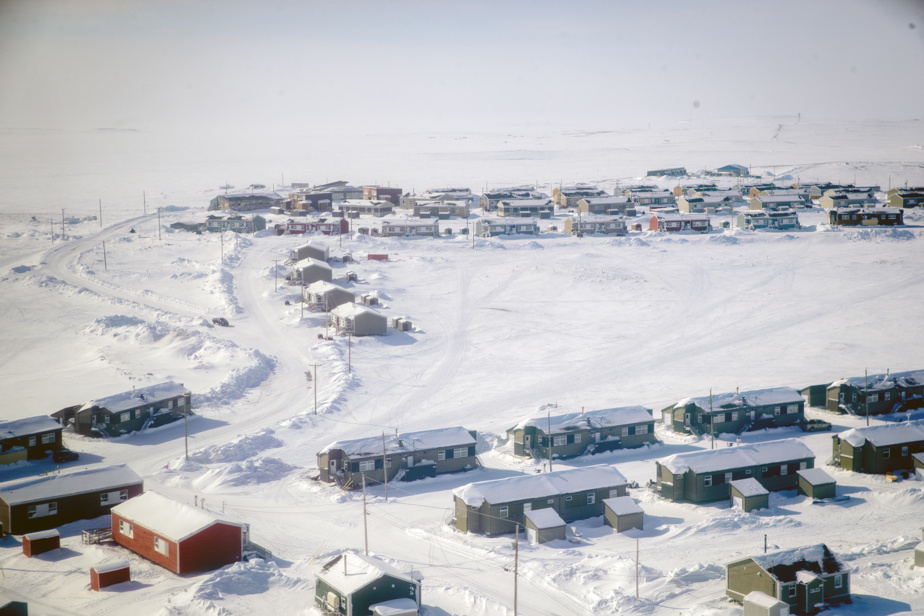Faced with the major shortage of health personnel in Nunavik, Quebec will announce on Friday an investment of nearly $177 million to build 150 new housing units in various communities, learned La Presse. These dwellings will be reserved for workers in the health network.
For months, health institutions in Nunavik have been grappling with a major staff shortage. In the summer of 2022, the crisis was such that the local health authorities had requested the reinforcement of the army. The Minister of Health, Christian Dubé, went there1.
At the end of January 2023, nurses on the Hudson Bay coast held a sit-in to denounce their working conditions and the still-present staffing shortage.
Meeting in boards of directors in December 2022 in Montreal, the health authorities of Nunavik had revealed that the recruitment of personnel in the North was seriously compromised by the lack of housing. For example, communities had been forced to cancel job postings in public health, unable to accommodate future candidates.
Despite an increase in reports, the Nunavik Youth Protection Department was also struggling to recruit enough staff, in particular due to a lack of accommodation.
According to presentations made in December by the Inuulitsivik Health and Social Services Center (CSSS) (Hudson Bay) and the CSSS Tulattavik (Ungava Bay), there are 350 houses short in Nunavik to be able to house all the workers in the health. However, last year, only 42 new housing units were built in the 14 villages of the territory3.
In addition to healthcare workers, the local population of Nunavik also faces a lack of housing. However, these constructions do not come under the health network.
The construction of the 150 new housing units for health care workers in Nunavik should begin in the summer and the first apartments should be delivered in the spring of 2024. They will mainly be erected in Puvirnituq and Kuujjuaq. These will be one or two bedroom units, with a living room, kitchen, dining room and bathroom.
The delays in the construction of residences for health care workers in Nunavik have been decried in the past. But the office of the Minister of Health says that “levers” have been put in place to ensure “that the project will materialize on time”.
In particular, an independent audit process will be put in place to monitor the project. The Nunavik Regional Board of Health and Social Services will also have to appoint a project manager responsible “for compliance with ministerial authorizations”.
Finally, a “technical and financial monitoring system” will be put in place to allow the Ministry of Health and Social Services to be able to follow the progress of the project at all times.

